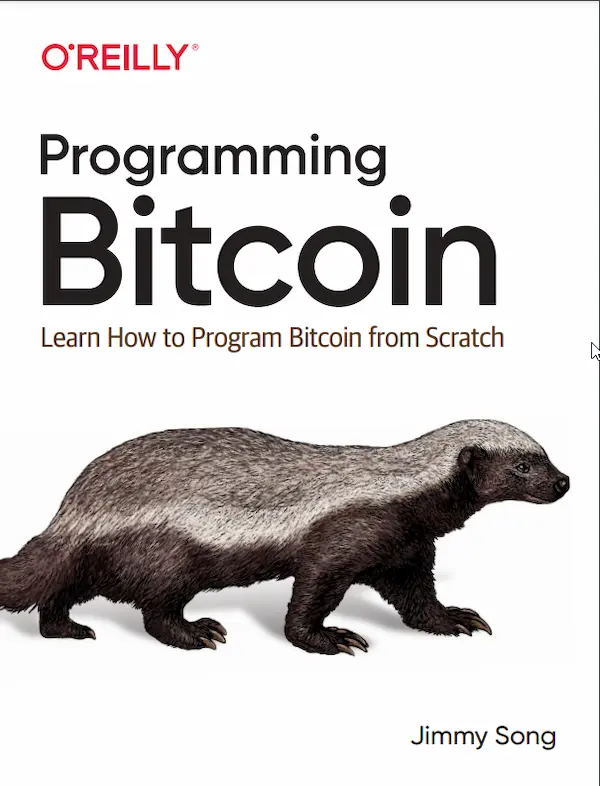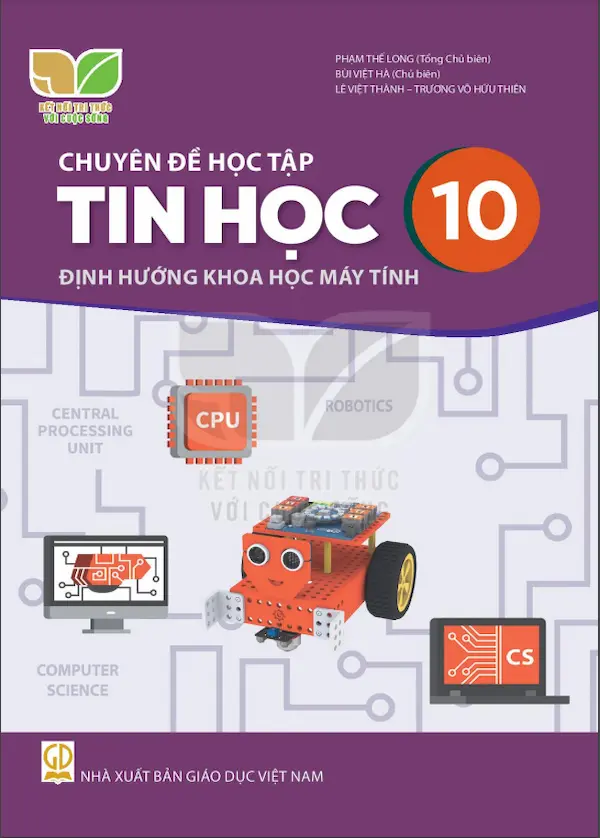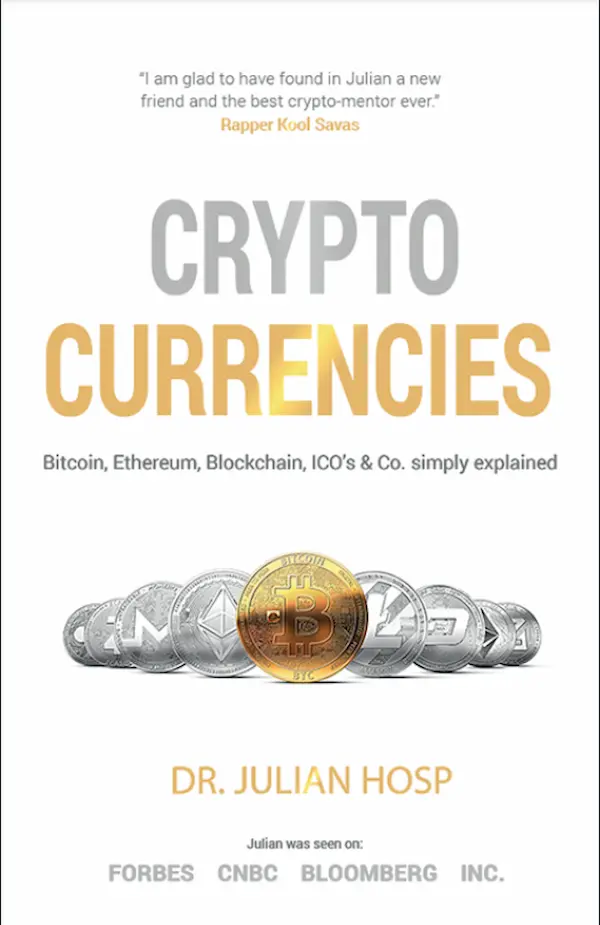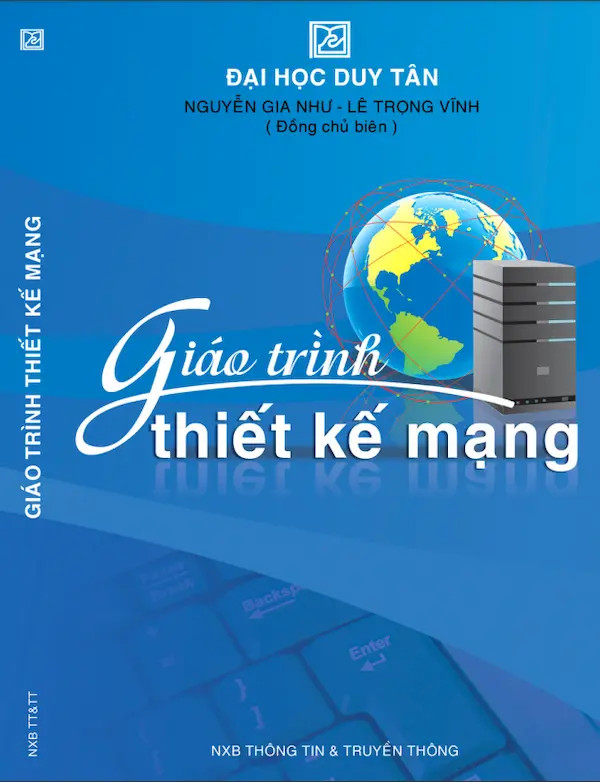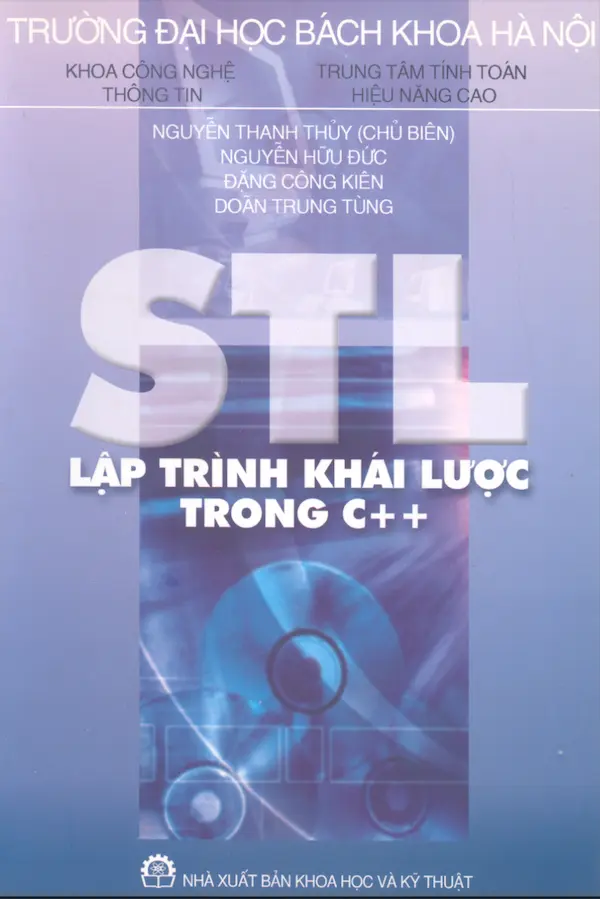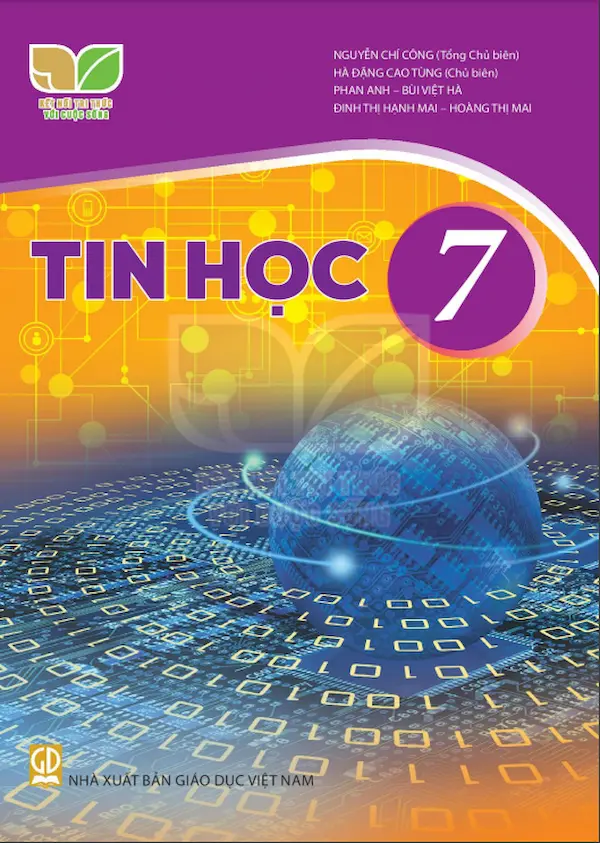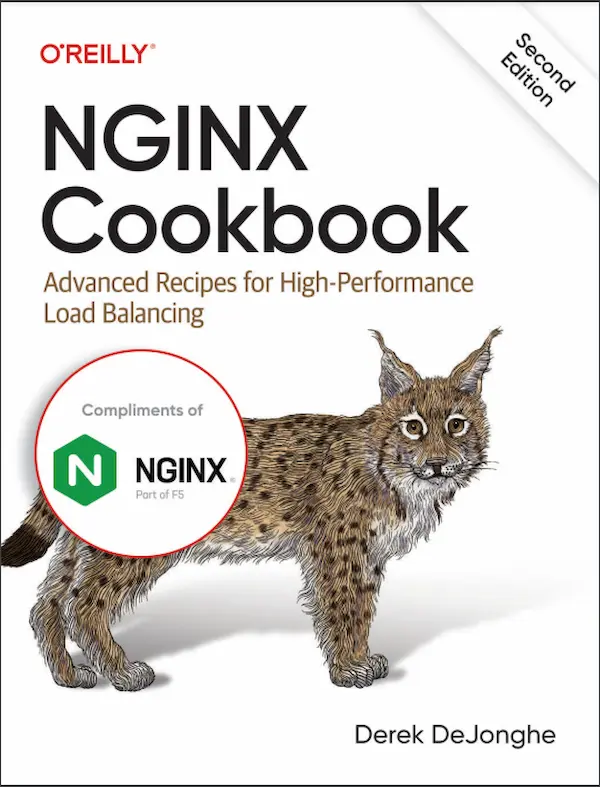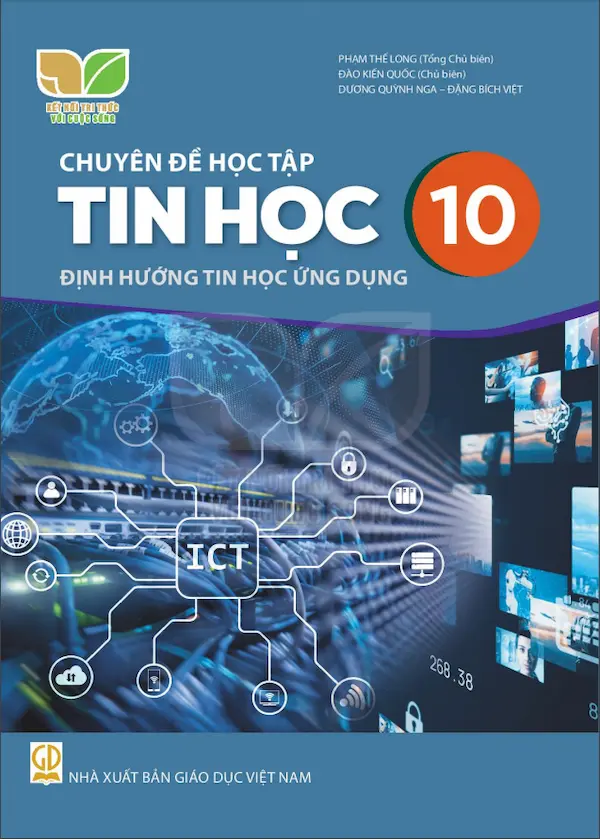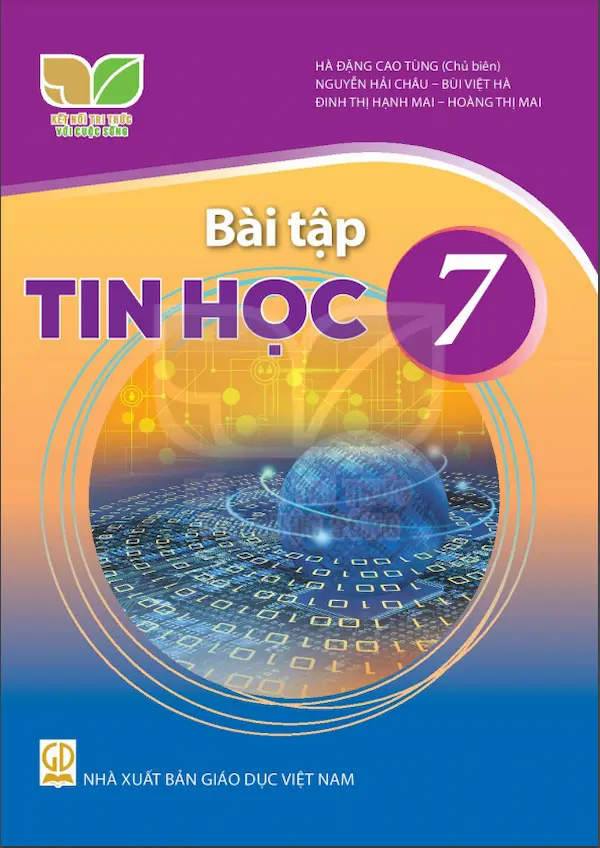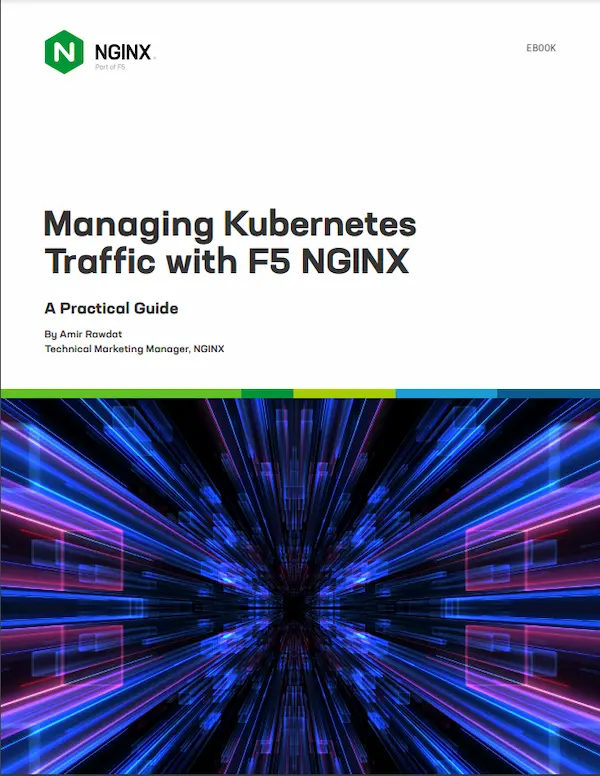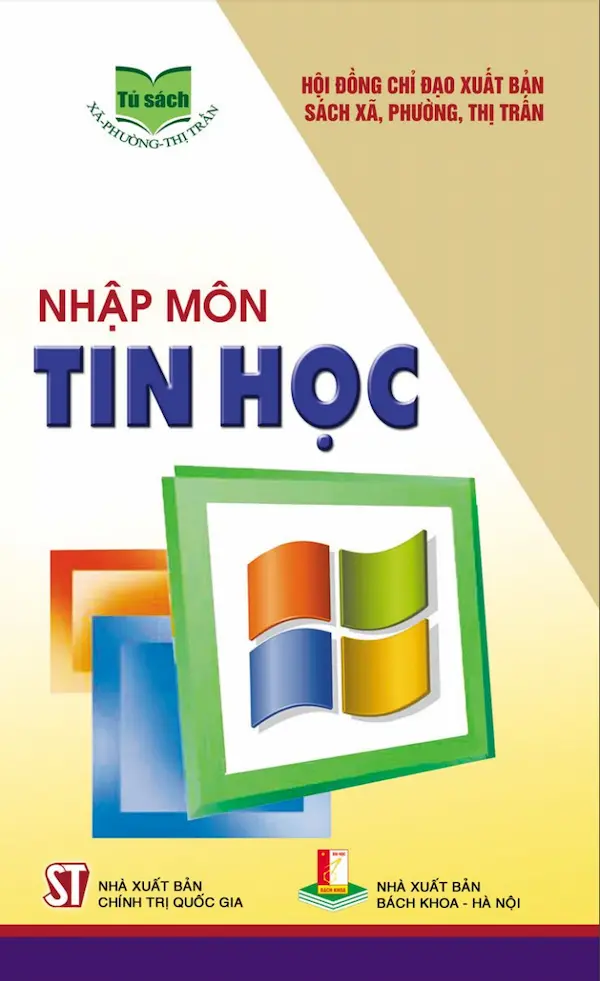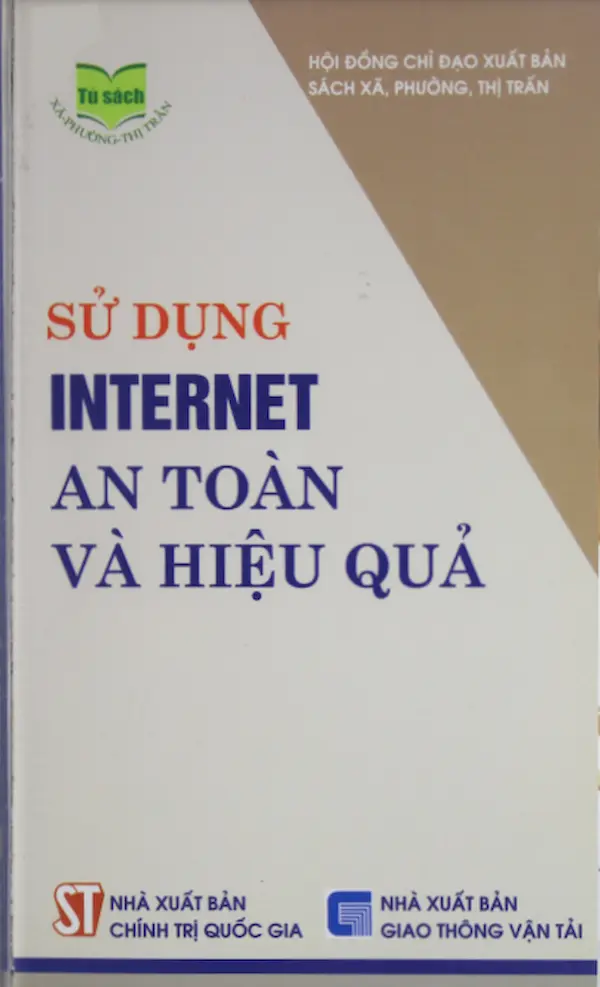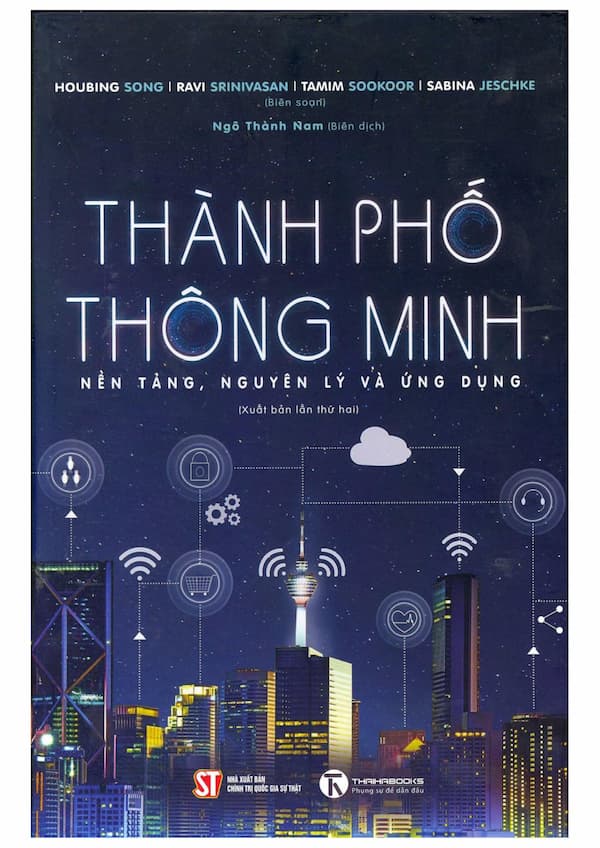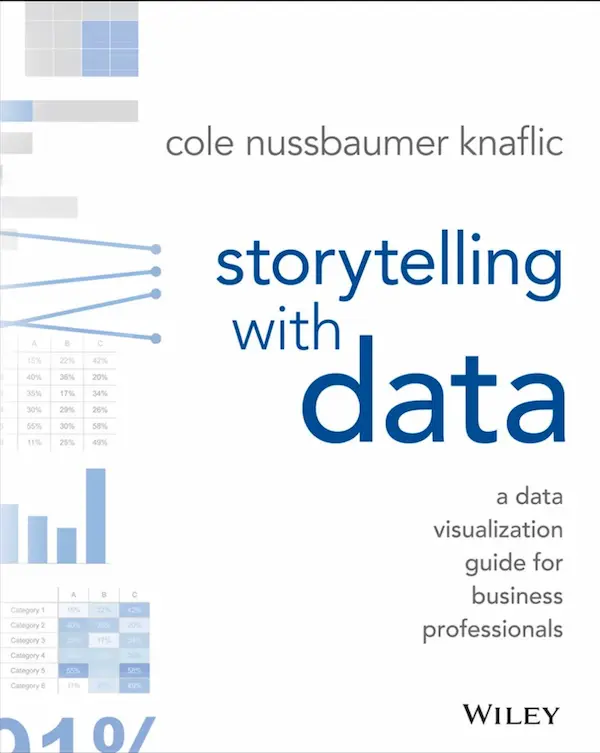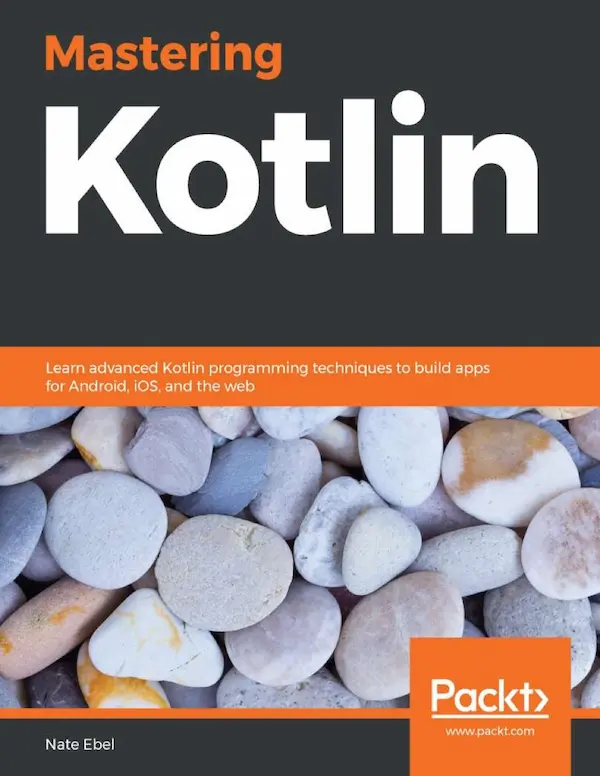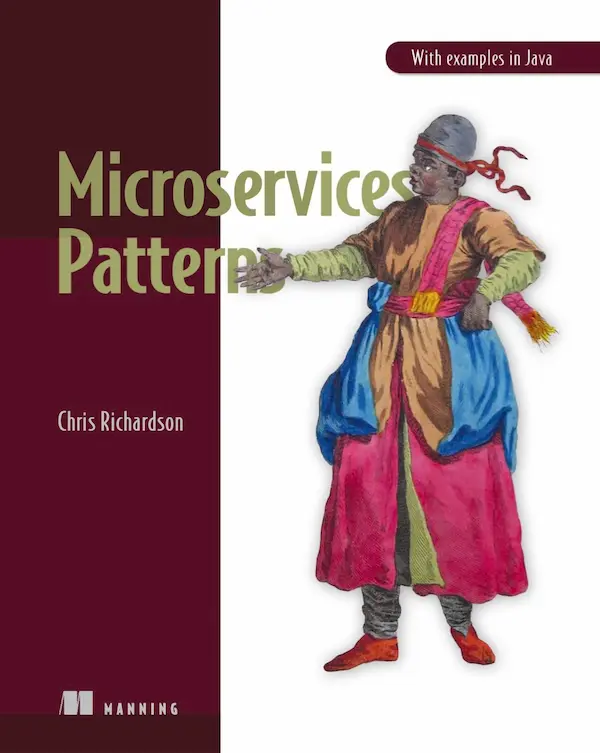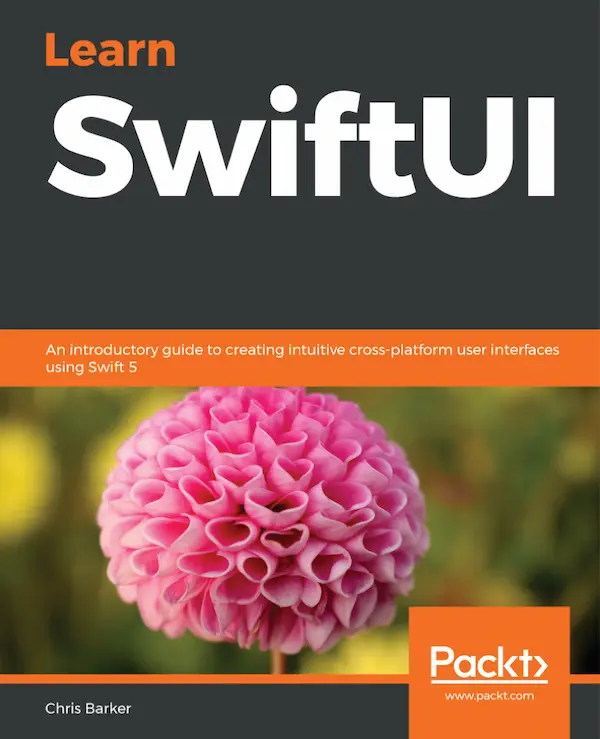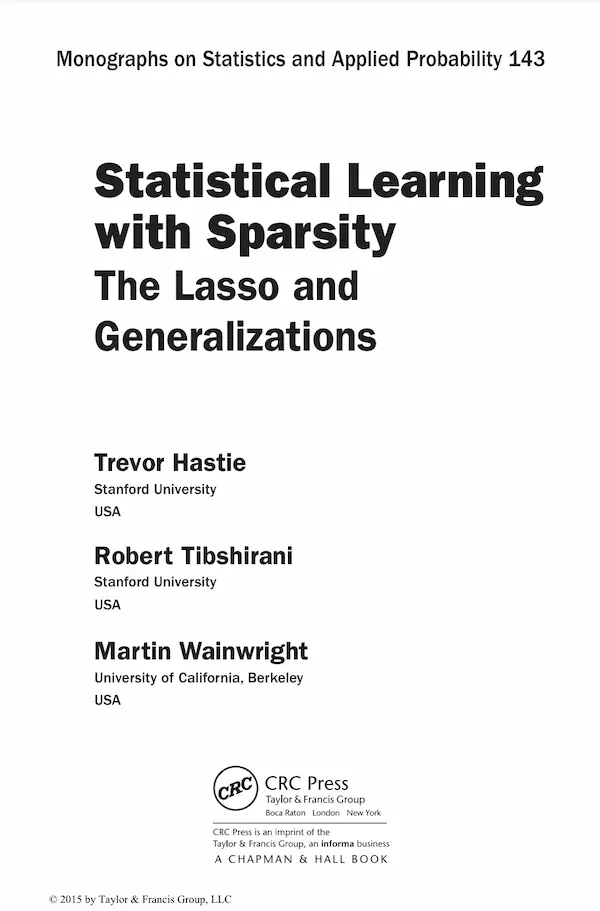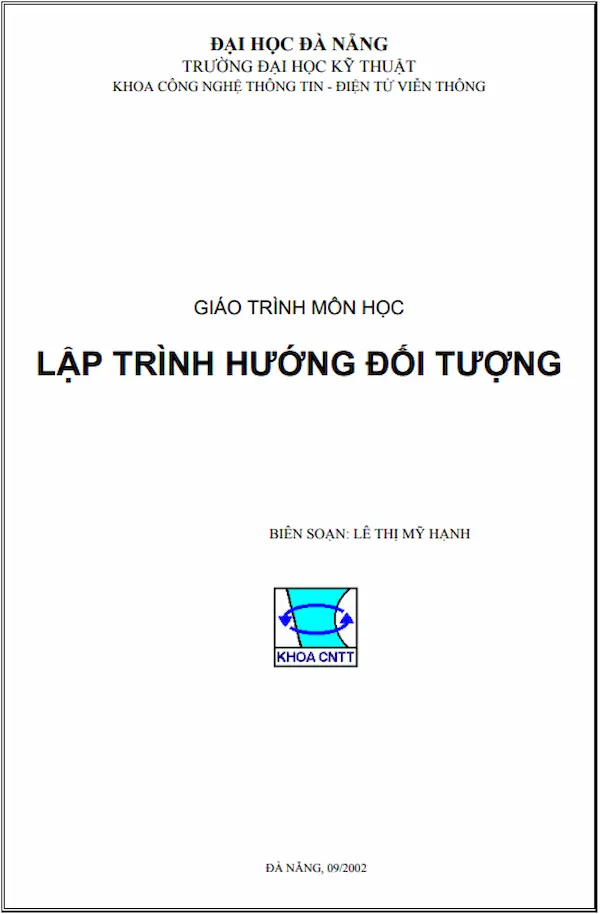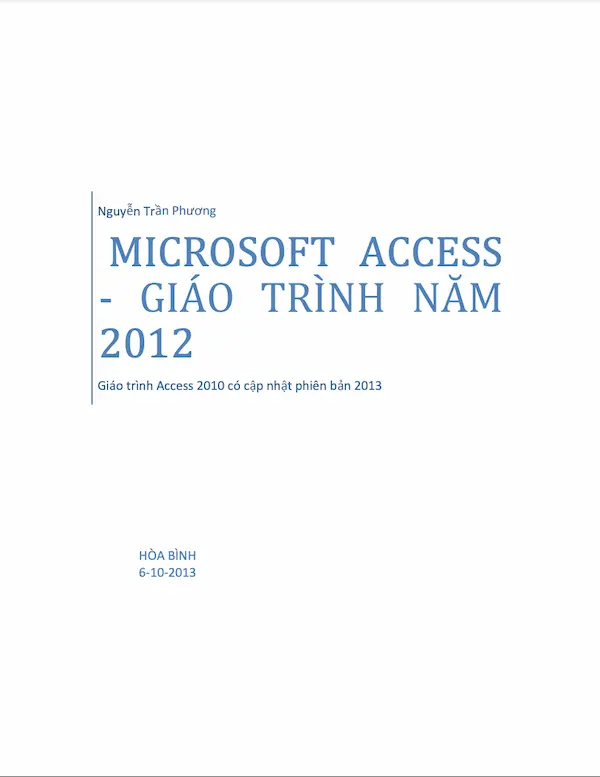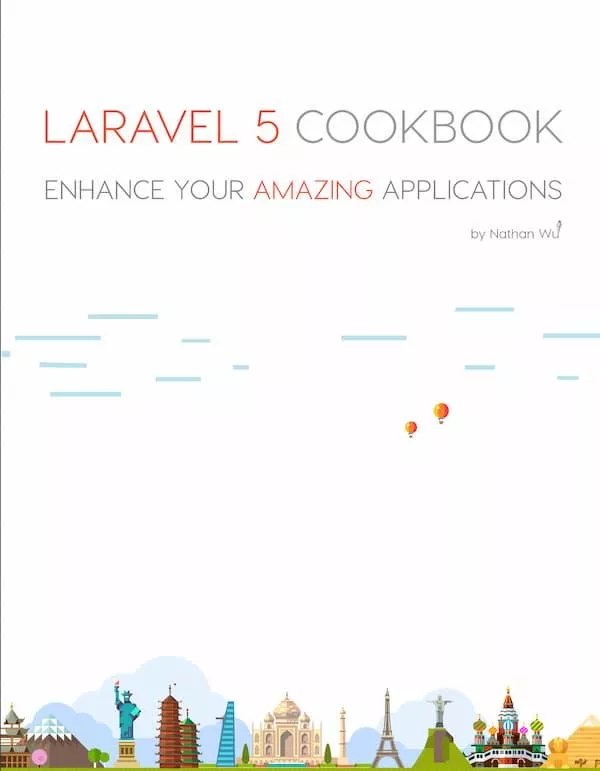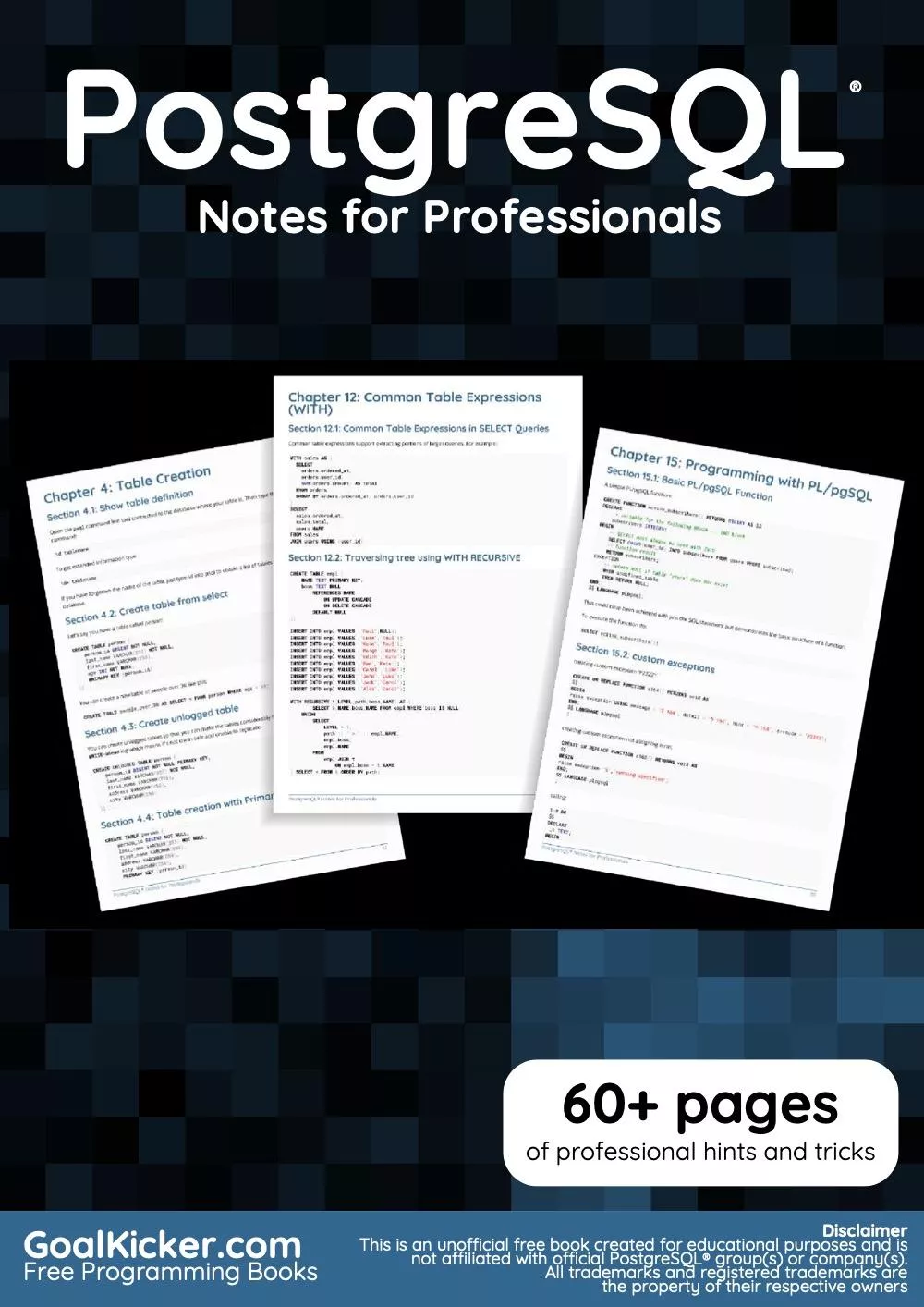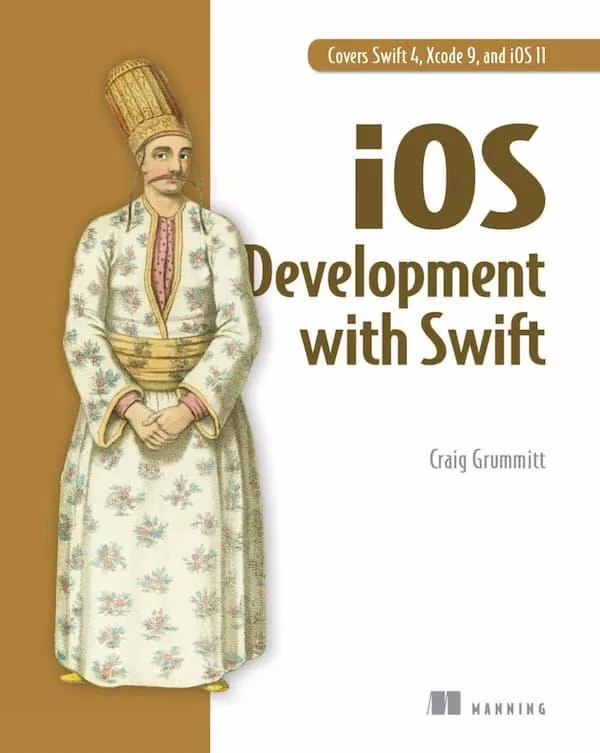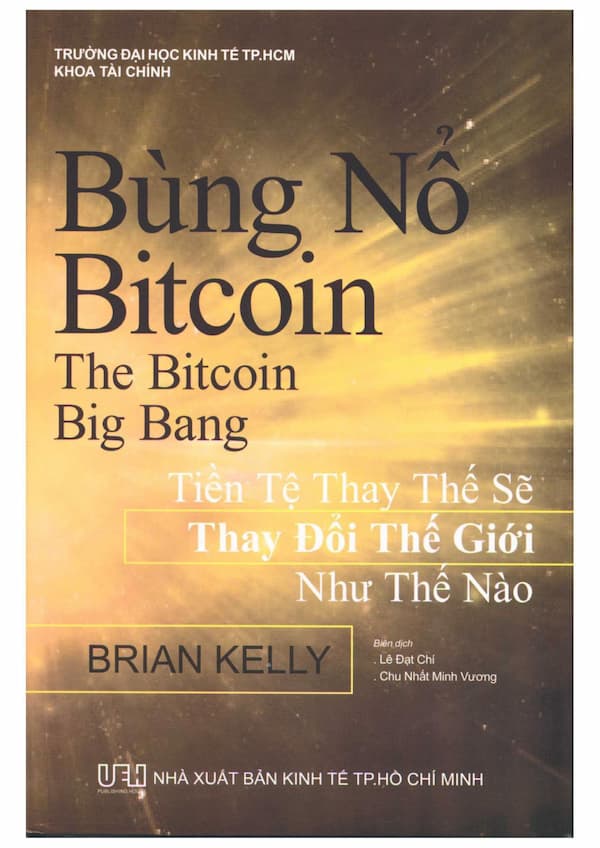
It’s fun to be a science fiction writer. To build a society where wealth is no longer a mirage erected on the empty promises of governments and manipulations of central banks, where exchanges of value can be completed among the trustless without paying a tax to middlemen, where code can be law, where collective decision making is not subject to the distortions of centralization…all I have to do is to open up a text editor and start making up stuff.
But compelling stories require more than imagination. They require knowledge of the world. “Worldbuilding” isn’t about literary verisimilitude or strings of technobabble—it’s about piercing through the superficial to ask “what if ” questions that get at the heart of how the world works. The more a writer understands the mechanisms and codes that make up the world, the more interesting the questions they ask become.
Changing the real world is much, much harder than writing fiction, but it similarly requires knowledge. Beyond wisdom, idealism, grit, discipline, and single-minded determination in the face of doubt, a would-be world-changer needs understanding: of the available tools, their capabilities, and their limits.
The world of Bitcoin and blockchain today is still largely a world of fiction. Pundits selling hope and hype, with no understanding of the underlying reality, are far louder and more influential than those who are doing the hard work of bringing about change. Politically motivated screeds premised on fear and get-rich-quick schemes appealing to greed pass for knowledge with the help of a sprinkling of technobabble and trending hashtags.
But you can no more understand blockchain by reading whitepapers or thinkpieces than you can learn to build a company by going to business school and watching PowerPoints.
You have to code.
But compelling stories require more than imagination. They require knowledge of the world. “Worldbuilding” isn’t about literary verisimilitude or strings of technobabble—it’s about piercing through the superficial to ask “what if ” questions that get at the heart of how the world works. The more a writer understands the mechanisms and codes that make up the world, the more interesting the questions they ask become.
Changing the real world is much, much harder than writing fiction, but it similarly requires knowledge. Beyond wisdom, idealism, grit, discipline, and single-minded determination in the face of doubt, a would-be world-changer needs understanding: of the available tools, their capabilities, and their limits.
The world of Bitcoin and blockchain today is still largely a world of fiction. Pundits selling hope and hype, with no understanding of the underlying reality, are far louder and more influential than those who are doing the hard work of bringing about change. Politically motivated screeds premised on fear and get-rich-quick schemes appealing to greed pass for knowledge with the help of a sprinkling of technobabble and trending hashtags.
But you can no more understand blockchain by reading whitepapers or thinkpieces than you can learn to build a company by going to business school and watching PowerPoints.
You have to code.



